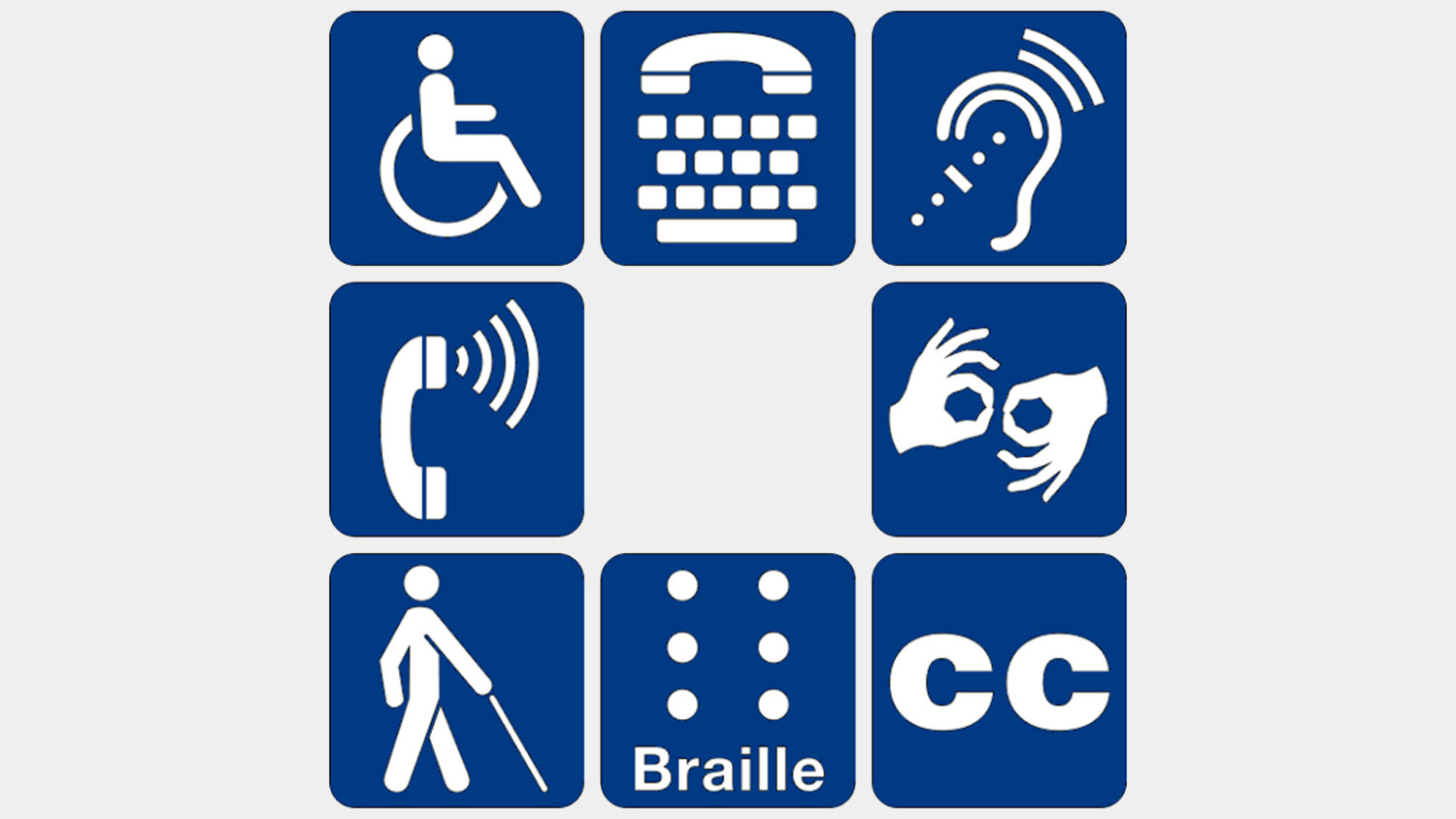How to Be More Inclusive of Persons with Disabilities in the Workplace

Thirty years ago, the Americans with Disabilities Act of 1990 created opportunities for equity and accessibility in a multi-faceted way, particularly in the workplace environment. Here at NC State, we ensure that employees with disabilities have opportunities for equity and accessibility through our reasonable accommodation process.

The workplace is an individual’s second most important social unit (Irvine & Lupart, 2008), governed by a set of expectations and norms specific to each environment. It is critical to the success of employees with disabilities that their workplace environment fosters inclusivity (Baker & Jacobs, 2003).
“In inclusive organizations and societies, people of all identities and many styles can be fully themselves while also contributing to the larger collective, as valued and full members.”
Ferdman (2017, p. 235), provides a broad perspective of inclusion: “In inclusive organizations and societies, people of all identities and many styles can be fully themselves while also contributing to the larger collective, as valued and full members.” What in your structured workplace environment have you done to foster inclusivity for colleagues with disabilities?
Below are strategies that you and your colleagues can engage in to develop an inclusive environment for all members of your community:
- Set expectations of inclusive norms. Inclusive norms can impact the workplace environment through the development of clear standards that uphold and reinforce inclusive practices, such as the use of inclusive workplace language.
- Be mindful of barriers. Individuals who do not possess a disability can often not consider accessibility needs of others, leading to unintended barriers for individuals with disabilities. Perhaps consider implementing sensory hours to accommodate employees with neuroprocessing and sensory differences or relocating meetings to accommodate individuals who may have a disability that affects traversing certain spaces.
- Encourage colleagues/employees to participate in the university’s reasonable accommodation process. The university’s reasonable accommodation process assists qualified individuals with a disability to confidentially contact the Office for Institutional Equity and Diversity.
As a land-grant institution, we must not only continue to hold true to our mission in serving the state of North Carolina through innovation, research and extension, but we must ensure that we create and foster an inclusive environment for colleagues with disabilities. As stated by former professional tennis player Martina Navratilova, “disability is a matter of perception. If you can do just one thing well, you’re needed by someone.”
References
- Baker, N., & Jacobs, K. (2003). The nature of working in the United States: An occupational therapy perspective. Work, 20, 53–61.
- Ferdman, B.M. (2017). Paradoxes of inclusion: Understanding and managing the tensions of diversity and multiculturalism. The Journal of Applied Behavioral Science, 53(2), 235-263.
- Irvine, A., & Lupart, J. (2008). Into the workforce: Employers’ perspectives of inclusion. Developmental Disabilities Bulletin, 36, 225–250.
Brianna Williams, J.D. is an equal opportunity officer in the Equal Opportunity and Equity unit of the Office for Institutional Equity and Diversity.


